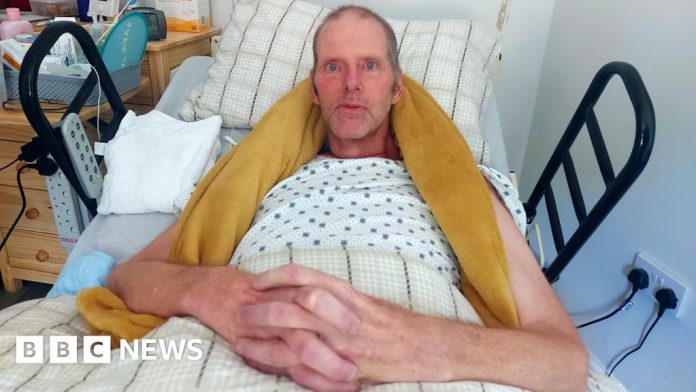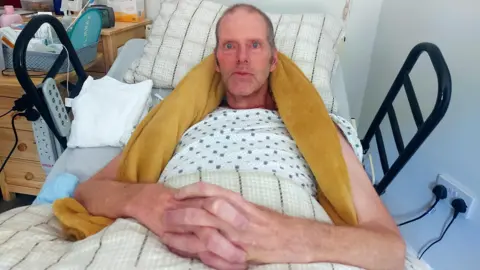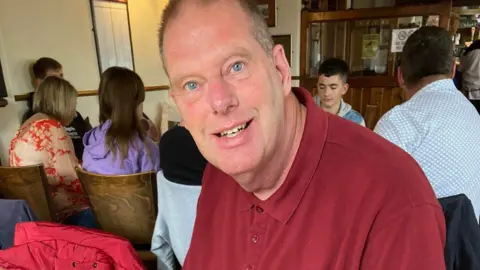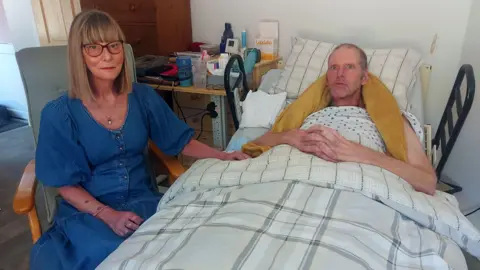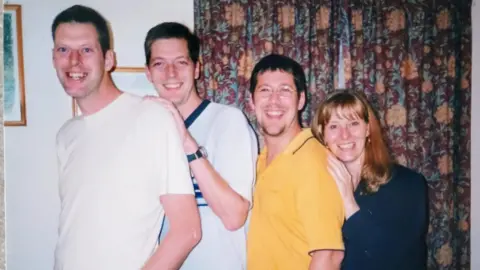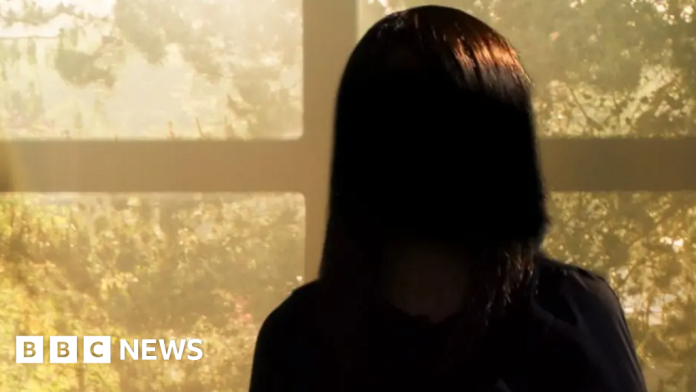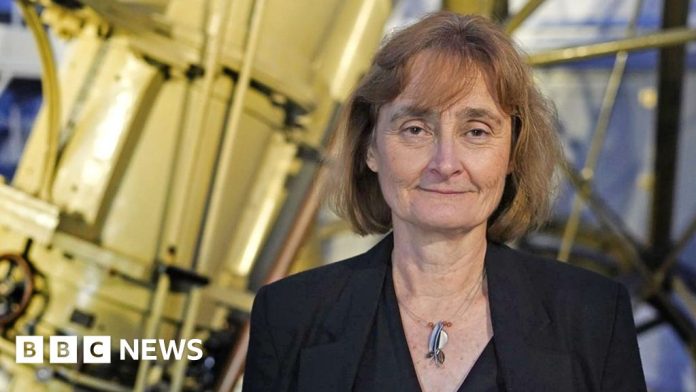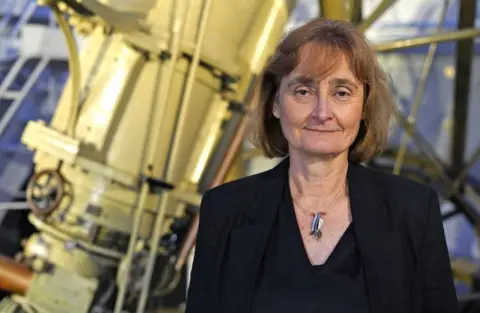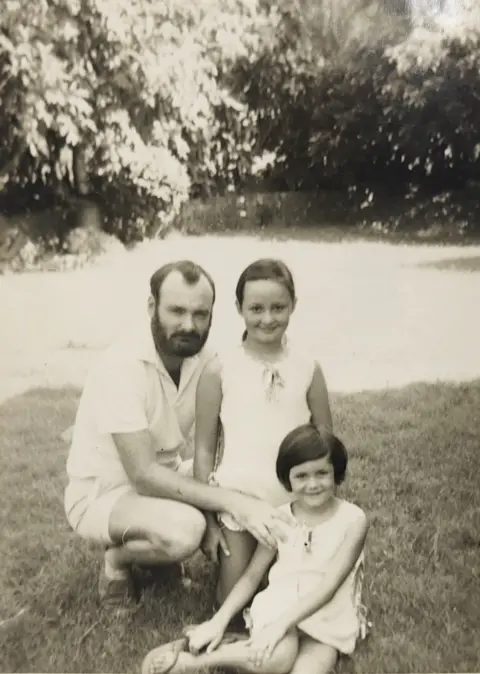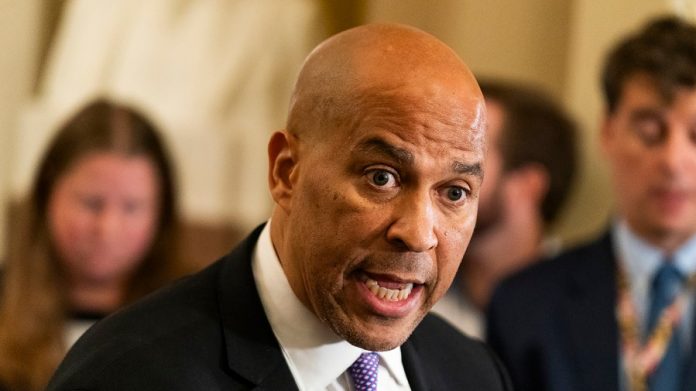
Sen. Cory Booker (D-N.J.) blew up at fellow Democratic Sens. Catherine Cortez Masto (Nev.) and Amy Klobuchar (Minn.) in a heated back-and-forth on the Senate floor Tuesday, accusing members of his party of being “willing to be complicit” with President Trump.
“This, to me, is a problem with Democrats in America right now, is we’re willing to be complicit to Donald Trump,” Booker, who is thought to be a potential candidate for president, thundered on the floor, arguing that Democrats should use their “leverage” over proposals to boost funding for police to get Trump to release his hold on funding for Democratic states such as New Jersey, New York and California.
He said the Democratic Party needs a “wake-up call” and that some colleagues who are elected to defend the Constitution in Washington are willing to “look the other way” and let some blue states suffer as long as their states don’t get dinged as well.
The fireworks erupted after Cortez Masto tried to move a package of bills, including grants for police departments around the country, by unanimous consent on the Senate floor.
Booker objected to moving the package because he said the police grants would not go to his home state of New Jersey, nor to New York, California or Illinois because Trump has frozen funding to the predominantly Democratic states.
He questioned Democratic colleagues for pushing the package “when we have all the leverage right now.”
“Don’t be complicit to the president of the United States,” he urged. “We are standing at a moment where our president is eviscerating the Constitution of the United States of America, and we’re willing to go along with that today.”
“No, not on my watch. I have to stand against this. It is a violation of our Constitution for the president of the United States to ignore the will of Congress and decide which states are eligible for grants and which are not,” he declared.
Trump signed an executive order on Jan. 20 freezing all federal funding related to diversity, equity and inclusion (DEI).
New York Attorney General Letitia James led a coalition of 22 state attorneys general in filing motions to oppose what they called Trump’s “reckless and illegal funding freeze.”
The Democrat-versus-Democrat spat on the floor grew especially heated after Klobuchar pointed out that Booker has previously objected to her policing legislation, even before Trump was in office.
“I will note that Sen. Booker objected to my police reauthorization bill, the cops funding, the Clinton cops funding, long before Donald Trump came into office. So this is not just about this. This is a long dispute over this type of funding,” Klobuchar argued.
She noted that the bills all passed out of the Judiciary Committee “weeks ago.”
Then she took a little jab at Booker for missing the meeting at which the bills were marked up and passed out of committee, adding, “I can’t help it if someone couldn’t change their schedule to be there.”
Those comments clearly got under Booker’s skin.
“This is what frustrates me. I passed numerous pieces of legislation for our police officers,” he fumed.
“I don’t need lectures on the urgency of this,” he added, noting that one of his best friends, a police officer in a small town in New Jersey, died by suicide after “a hard day’s work.”
Then Booker let loose, torching his party and their allies in the legal community and elite universities for not doing more to stand up to Trump.
“This is a call, folks. This is a wake-up call,” he declared, his voice ringing out on the floor.
“I see law firms bending a knee to this president, not caring about the larger principles [of] free speech rights that [say] you can take on any client,” he said. “Why are you bending the knee?”
“I see universities that should be bastions of free speech bending to the knee of this president,” he said, likely referring to Columbia University’s $221 million settlement with the Trump administration to avoid a broad funding freeze and other potential sanctions.
“I see businesses taking late-night talk show hosts off the air because they dare to insult a president. I see people who want mergers, suddenly think that they have to pay tribute to this president,” he added, referring to the recent decision by CBS to cancel “The Late Show” with Stephen Colbert, an outspoken critic and satirist of Trump and his administration.
Some critics have accused CBS’s parent company, Paramount, of trying to ingratiate itself with the Trump administration in order to win Federal Communications Commission approval of a merger with Skydance Media.
And then he took a shot at fellow Democrats for trying to move money for police grants knowing that Trump has frozen grants from going to Democratic states such as Connecticut, New York and Illinois.
“What are the very people here elected to defend the Constitution of the United States saying? Oh, well, today, let’s look the other way and pass some resources that won’t go to Connecticut, that won’t go to Illinois, that won’t go to New York, that will go to the states that [the president] likes,” Booker said.
“That is complicity with a totalitarian leader,” he declared. “It is time for us to fight and draw the lines.”
Cortez Masto pushed back against the criticism shortly after the floor blowup.
Asked if she thought Booker was “out of line,” she noted that the bills Booker objected to were passed out of the Judiciary Committee, on which Booker sits, with strong bipartisan support.
“He didn’t object to them. He had the opportunity then to submit any type of amendment. He didn’t. And then he submits this amendment at the last minute. It clearly was … what he was trying to do is kill all these bills. And it’s unfortunate, because these are bills that support law enforcement,” she said.
She said the bills would give police “the tools they need in all of our communities to keep our communities safe.”
“That’s quite honestly where Democrats need to be, supporting law enforcement, keeping our communities safe,” she said. “I was disappointed in some of the rhetoric he used in challenging Democrats [for] not doing enough to take on Donald Trump,” adding that she chaired the Democratic Senatorial Campaign Committee in the 2020 election cycle to stand up to Trump during his first term.
Aris Folley contributed.


